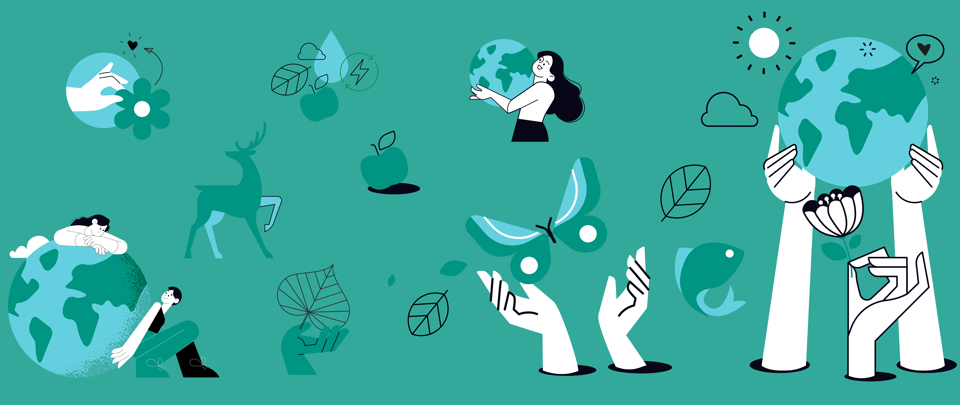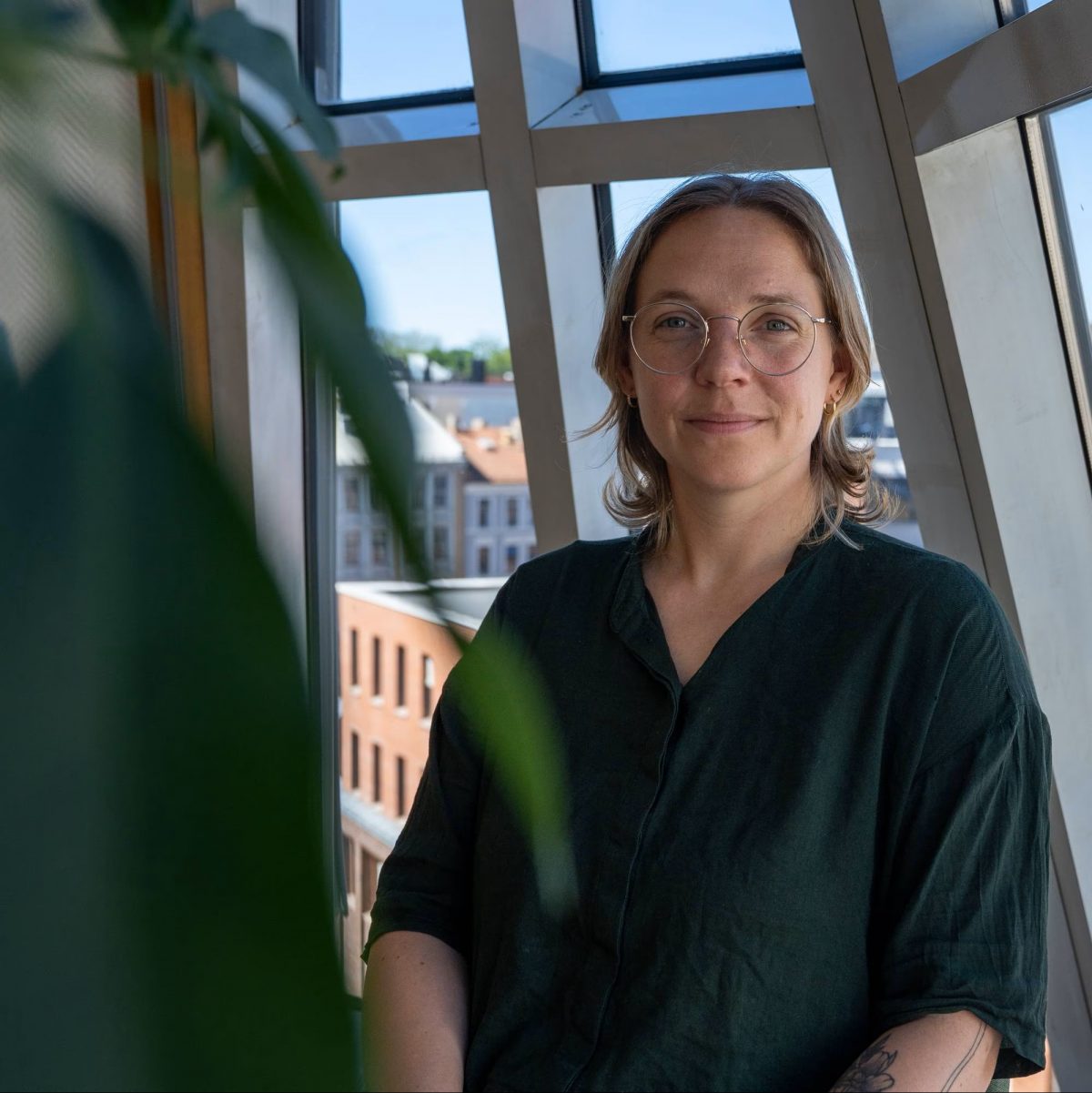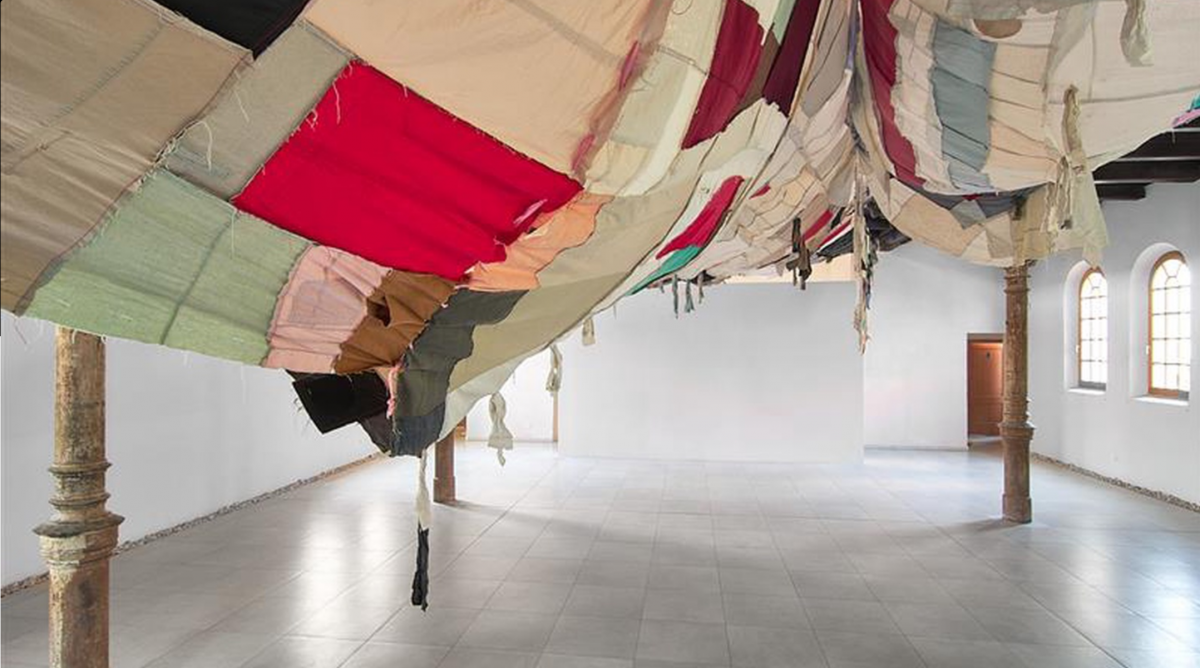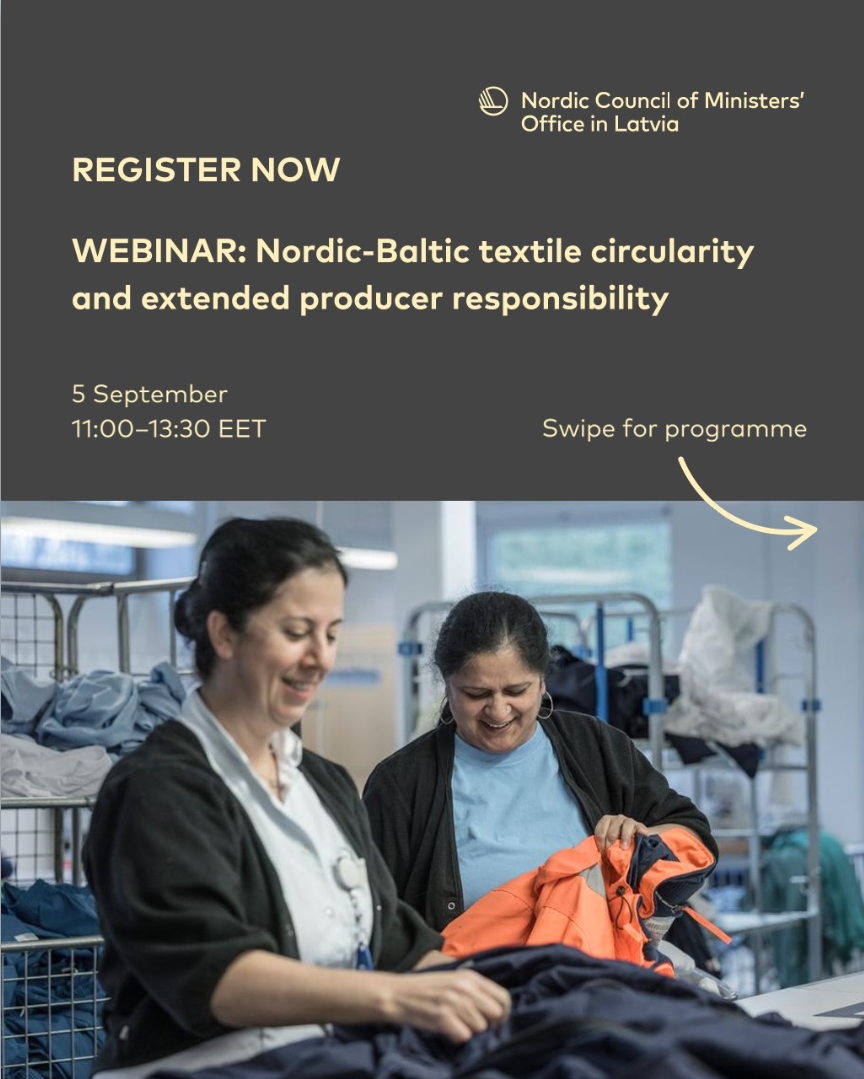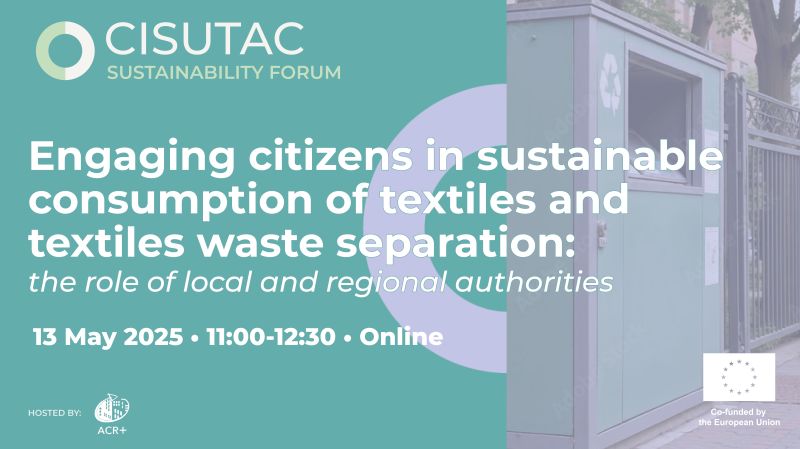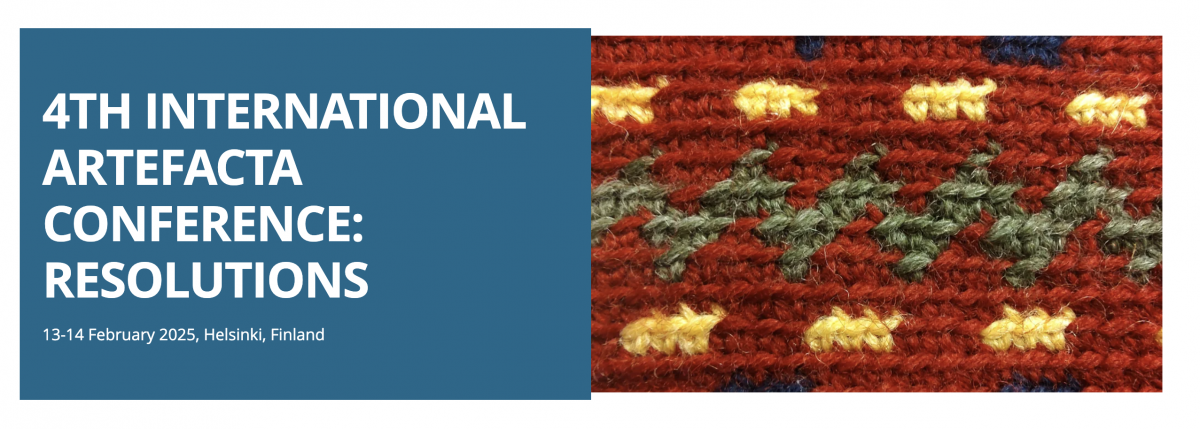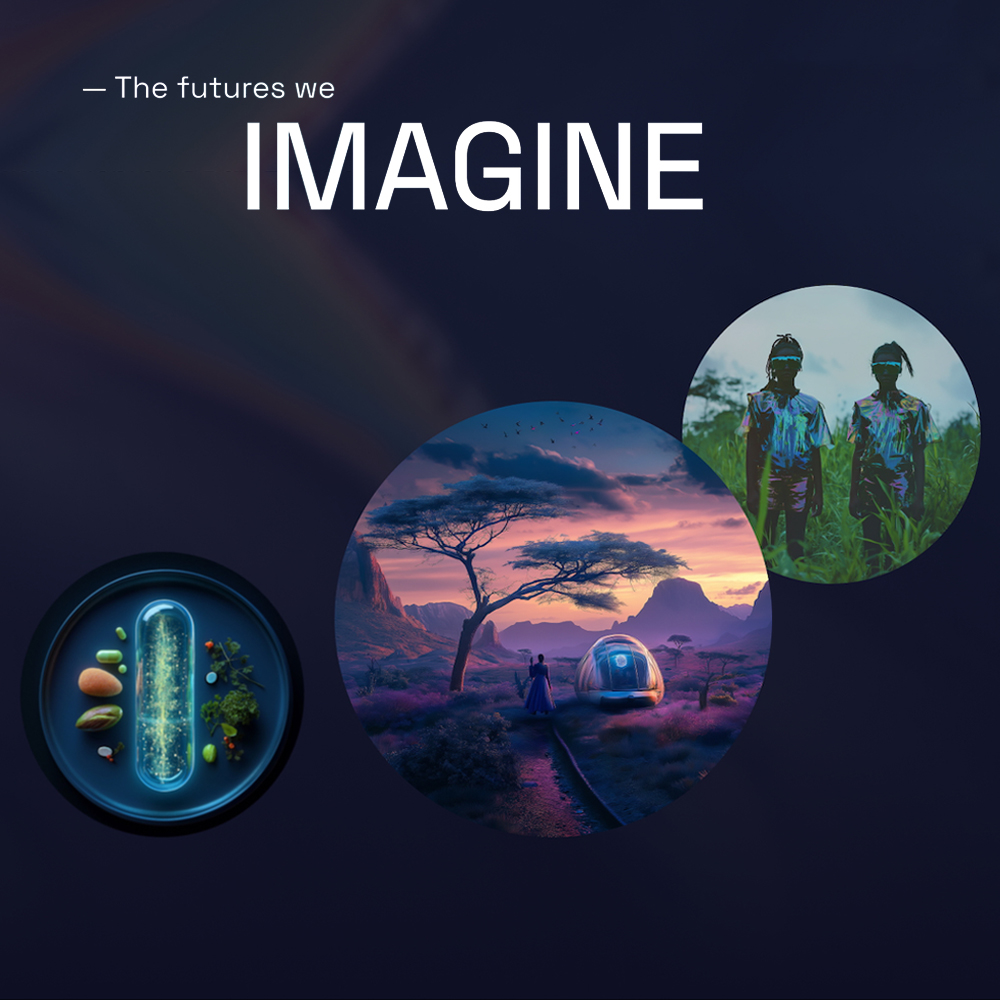International research seminar: Living together for a sustainable common future
Seminar 8th – 9th June 2026, Western Norway University of Applied Sciences, Bergen
At the Western Norway University of Applied Sciences there is a strong research interest in perspectives on nature preservation, sustainability, circular economy, ecocriticism, the human – nature/environment and sensing relations, embodied knowledge and the role and consequences of consumption in outdoor life traditions. These are fields that often compete for influence.
At this seminar we will take a step back to basic questions about our future living conditions and take the concept of conviviality, our way of living together, as a starting point and steppingstone. This starting point critically reverses the individualistic search for wellbeing and increases the focus to solidarity and living together. Even if so called green spaces and time spent on outdoor activities are proved beneficial for health, using nature as a remedy and searching for wellbeing in nature have been criticized for being individualistic and related to overconsumption and the risk of destroying parts of the natural world.
Keynote speakers:
- Thomas Fuchs, Professor at Heidelberg University, Germany
- Helga Synnevåg, Professor at Volda University College, Norway
- Ingun Grimstad Klepp, Professor at Oslo Metropolitan University, Norway
Read more about the seminar and sign up by clicking here (hvl.no).
